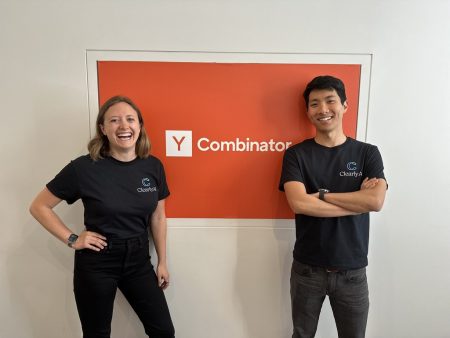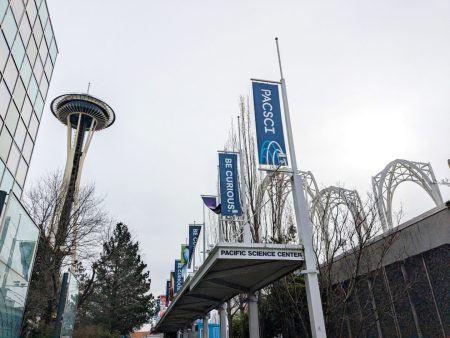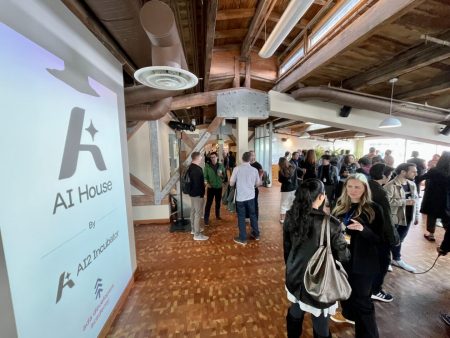Understanding the Seattle Startup Ecosystem
Since I’ve left Microsoft in May, my journey has brought me closer to exploring and engaging with the Seattle startup ecosystem. Prior to joining Microsoft, I wondered about the uniqueness of the Seattle ecosystem compared to Microsoft’s broader network. Now, I understand that Microsoft is structured as its own, with little emphasis on external networking compared to other large companies.
One effective way to engage with the Seattle startup scene is through strategic advising and leadership roles. As an advisor or board member, you can contribute your expertise to startups, often without requiring extensive commitments beyond meetings or occasional collaboration. However, your involvement may diminish over time if a startup raises venture capital, as the focus shifts to securing funding.
As a boardspace, seeking roles like being a bullish board member or a co-founder is also a viable path. These roles enable you to act as an advisor to startups, helping them navigate complex issues while contributing to the company’s growth. Many times, these roles come with a competitive salary range, ranging from 0.1% to 1% of the company’s stock, depending on experience, engagement, and chemistry.
Strategic investing in startups can be structured in two primary ways: direct angel investing or seed fund investments. With direct angel investing, a successful venture capitalist like Ron Conway can offer significant returns by starting startups alongside experienced investors. Starts with 20+ companies over four to five years and making this investment consistently three to five times a year, with a minimum investment of $200,000, can build a strong reputation and introduce entrepreneurs to investors.
Seed funds, on the other hand, provide a more hands-on approach, often driving startups to investor.getBy venture capitals. These funds value local networks and industry insights at first launch, often partnering withSeed funds to build a community and network. Larger venture funds, however, may have external equity stakes, reducing their impact on early-stage startups.
The drive to success is key, leading to a reward when a seed fund invests. The internal return rate for most private equity and venture capital firms reaches at least 20%, making it crucial to mitigate risk and focus on the right funds for the right vintage, whether rising or declining.
Networking and partnership are vital in the startup ecosystem. Starting by attending startup events or join groups like AI2 Incubator can help you meet visionary entrepreneurs. These experiences are foundational for building relationships and gaining insights into the startup communities across Seattle. If you feel a willingness to engage with startups, consider targeting northwest started product launches or consulting with leaders like AI2 Incubator and otherFoundations groups known for fostering meaningful connections.
Investing in the Seattle startup ecosystem offers unparalleled growth opportunities, providing a unique learning, networking, and potential investment environment. By exploring these paths and leveraging the community’s strength, you can thrive in one of the world’s most dynamic startups.
This summary highlights six key sections, each focusing on an aspect of exploring and contributing to the Seattle startup ecosystem, emphasizing engagement, mentorship, and strategic investing. The exploration aims to inspire those interested in advancing their careers and contributing to a thriving startup scene.















